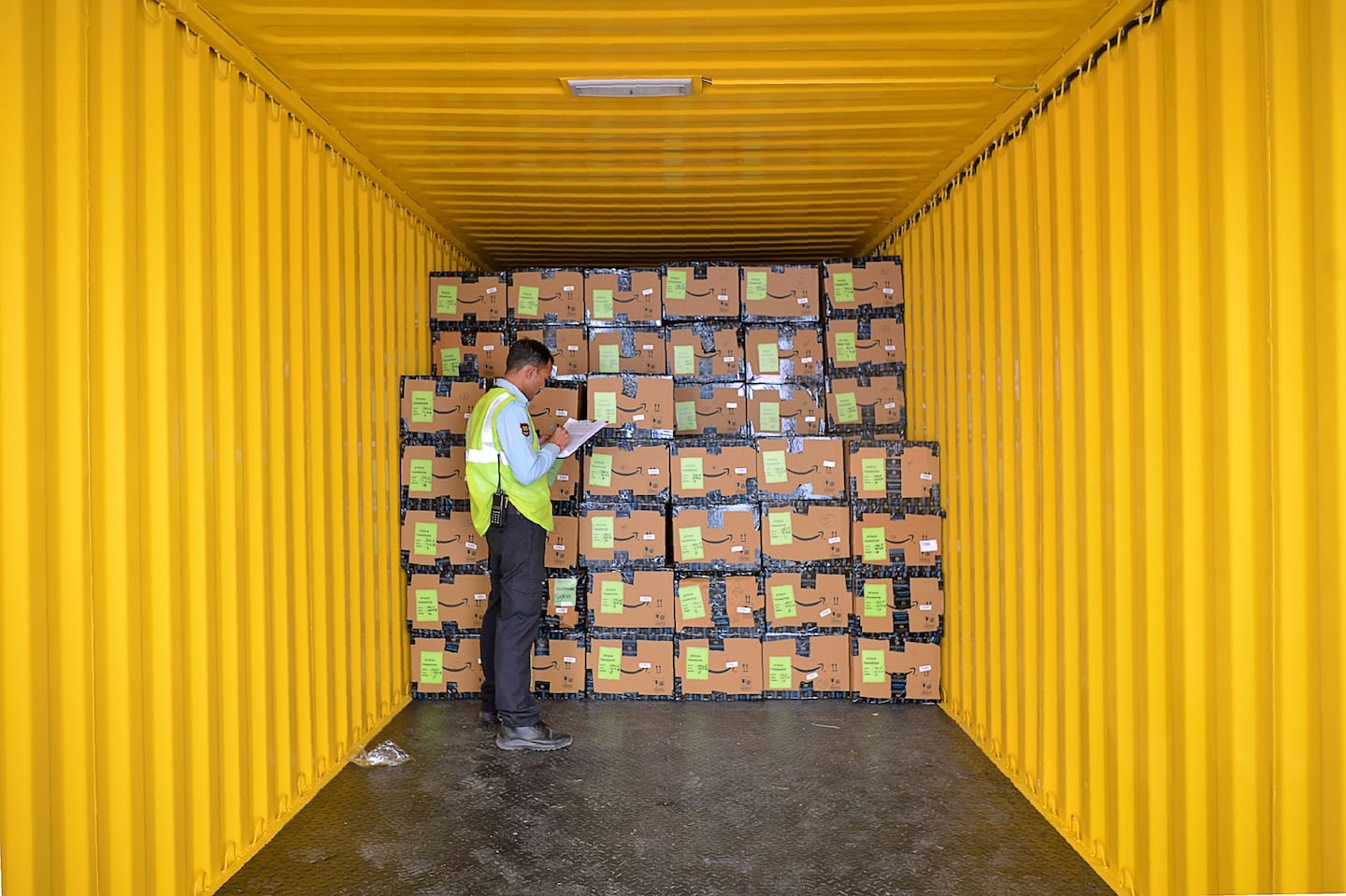
The Business of Fashion
Agenda-setting intelligence, analysis and advice for the global fashion community.

Agenda-setting intelligence, analysis and advice for the global fashion community.

Responding to new guidelines implemented in India’s Maharashtra state, home to the city of Mumbai, e-commerce giants including Amazon and Flipkart have halted sales of non-essential goods, according to an Economic Times report.
The state government’s latest guidelines permits e-commerce to continue, but only for dispatching “essential goods”, along with a state-wide lockdown that went into effect on April 14 and will continue until May 1, in order to stem a recent surge in Covid-19 cases in the region.
Searches for products that don’t fall into the “essential” categories of groceries, personal care and hygiene products on e-commerce sites including Flipkart, Amazon, Reliance’s JioMart and Myntra still show results, but orders are unable to be completed, with non-essential products on Flipkart’s platform labelled “not deliverable”, the report said.
A notice on Amazon India’s website reads: “In light of the latest government guidelines, we are taking orders of essential products only. Deliveries may take longer than normal.”
Though e-commerce reshaped retailing in the US and Europe even before the pandemic, a confluence of economic, financial and logistical circumstance kept the South American nation insulated from the trend until later.
This week’s round-up of global markets fashion business news also features Korean shopping app Ably, Kenya’s second-hand clothing trade and the EU’s bid to curb forced labour in Chinese cotton.
From Viviano Sue to Soshi Otsuki, a new generation of Tokyo-based designers are preparing to make their international breakthrough.
This week’s round-up of global markets fashion business news also features Latin American mall giants, Nigerian craft entrepreneurs and the mixed picture of China’s luxury market.